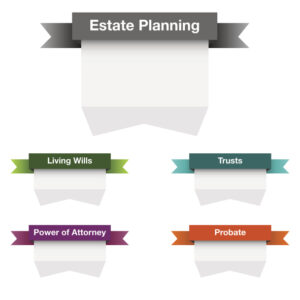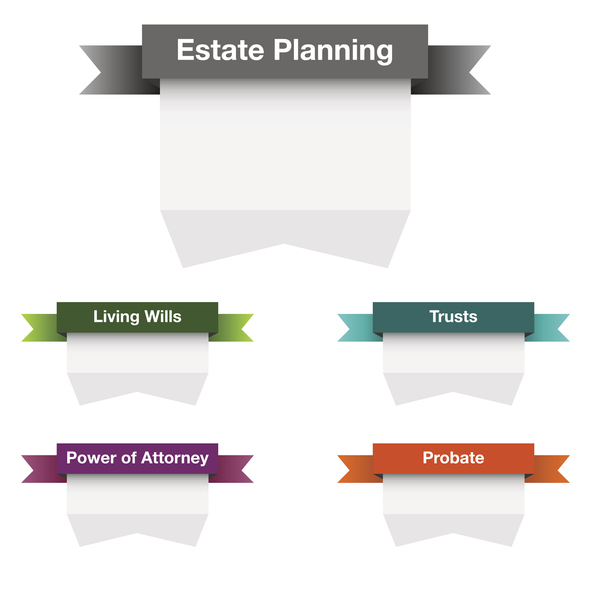Everyone MUST have an estate plan. If you own property, investments, or anything of value, you must have an estate plan in writing NOW; more specifically, a Revocable Trust. If you have family or dependents, you must have an estate plan in writing NOW. If you are going to die, you must have an Estate plan NOW.
Estate planning keeps matters in your control. You take it out of the hands of North Carolina to dictate any decisions on your behalf.
Checklist for a North Carolina Estate Plan
The checklist for creating an estate plan includes a will, powers of attorney, and assigning beneficiary account designations. Using an estate planning lawyer ensures that your plan mee
ts all legal requirements, according to the article “What is estate planning? A strategy to safeguard your family and your finances, and ensure your plans for them get carried out as you wish” from Business Insider.
Inventory Assets
In this usage, “estate” means the things you own. As you prepare your North Carolina Estate Plan, it must inventory all of your assets. This includes, but is not limited to, real estate, cars, bank accounts, life insurance policies, retirement accounts, and personal possessions. Your Estate Plan outlines in writing precisely what you want to happen with your property. It also nominates who you want to handle your affairs during life and after death and who you want to inherit your assets.
Have a Revocable Trust and NOT a Will
If you die without a Trust, your assets will be held up in probate court, where the court oversees the distribution of your estate according to your state’s laws. Without a Trust and the tax planning part of estate planning, your estate may shrink, and your heirs receive less. The best way to keep your estate out of Court is not to have a Will. You should have a Revocable Trust.
The Trust is just the start of a comprehensive estate plan. It details where you want your assets to go and names a Trustee who will oversee your estate.
Trusts are used to take assets out of your probate estate. A trust is created by an estate planning attorney and upon death, assets are distributed according to the trust’s directions.
Have A Financial Power of Attorneys
A durable power of attorney designates a person acting on your behalf for legal and financial matters while alive. Without it, family members will not be able to file tax returns, collect government benefits, manage investments and handle any financial transactions when you cannot do that yourself. They’ll need to go to court and have a judge appoint someone to manage these and other tasks. Having this document in place NOW is far easier and less expensive than getting the courts involved.
Have a HealthCare Power of Attorney
A healthcare power of attorney is your opportunity to name someone to make medical decisions on your behalf if you become incapacitated. This includes choosing doctors, deciding what tests to run, and whether you want to have surgery or certain treatments. Read more about Powers of Attorney here: Powers of Attorney in Estate Planning are important to have
Have a Living Will
You will also need a living will to ensure your wishes for end-of-life decisions are followed. A living will also relieves your loved one of the enormous burden of determining “what Mom would have wanted” if you become terminally ill, enter the late stages of dementia, are seriously injured, are in a coma, or are near the end of your life. What extreme measures do you want to be taken to prolong your life? What would you not want to be done to maintain your life?
Know what your beneficiary designations say
Beneficiary designations are the forms to be completed when you open a retirement account or purchase a life insurance policy. Beneficiary designations override any instructions for these accounts set out in your Trust, so it is very important to review and update them regularly.
Reference: Business Insider (Sep. 22, 2022) “What is estate planning? A strategy to safeguard your family and your finances, and ensure your plans for them get carried out as you wish”
Suggested Key Terms: Estate Planning Lawyer, Trusts, Probate, Power of Attorney, Designated Beneficiaries, Health Care, Incapacitated, Living Will, Dementia, Inheritance, Taxes


